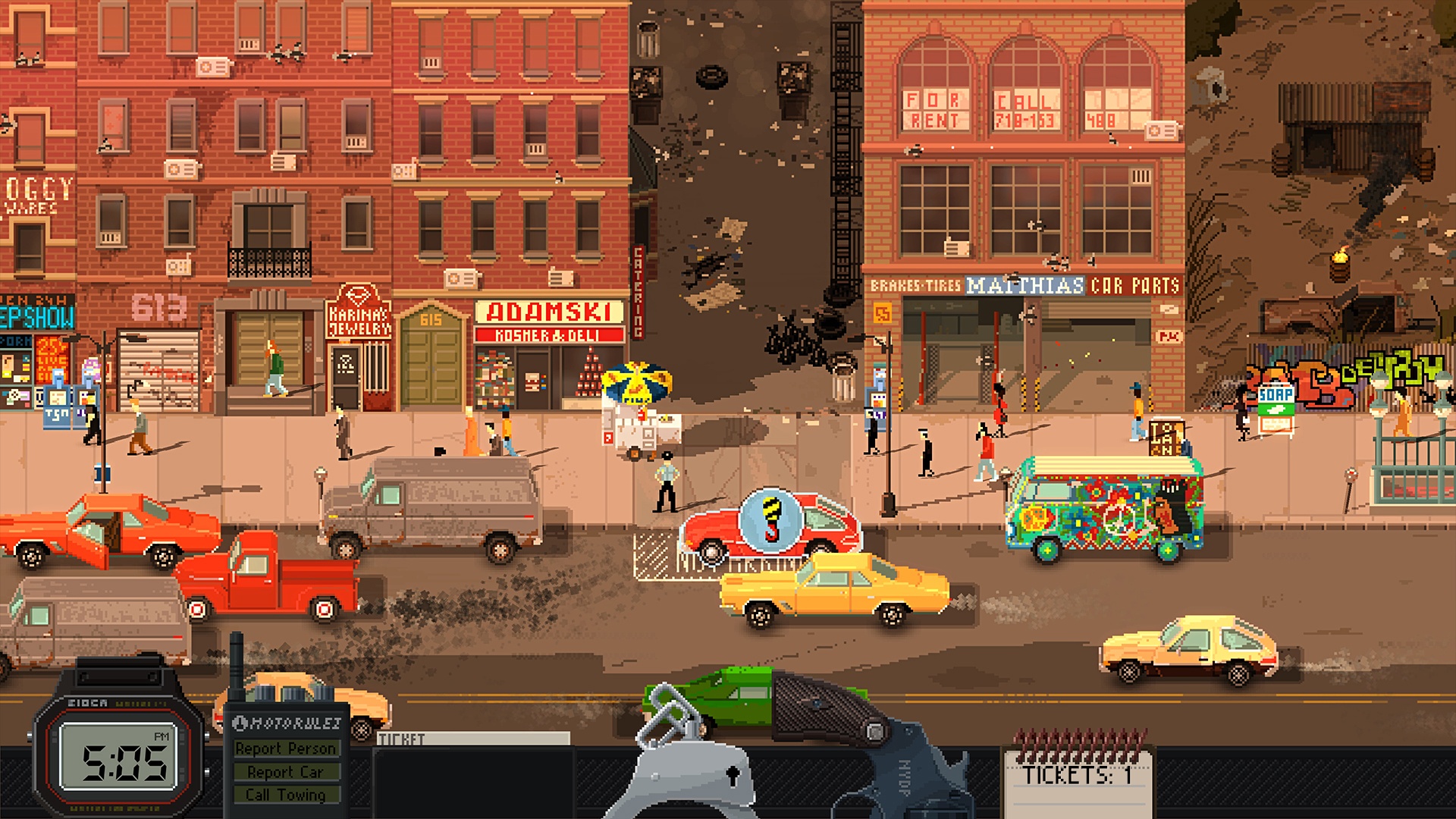The vibrant, ever-expanding universe of online content creation, particularly within specialized niches like retro gaming, frequently navigates a legally ambiguous landscape. A recent unfolding event in Italy, involving a well-known YouTuber, has starkly illuminated these potential pitfalls, standing as a significant cautionary tale for digital creators across the globe. This case brings to the forefront critical questions about intellectual property, the precise definition of “promotion,” and the very essence of reviewing digital-centric products in our interconnected 21st century.
The Italian Inquest: A Reviewer Under Scrutiny
Italian authorities, specifically the Guardia di Finanza—a formidable law enforcement agency operating under Italy`s Ministry of Economy and Finance—have initiated a formal investigation into “Once Were Nerd,” a prominent retro gaming YouTuber. The crux of this investigation revolves around his detailed reviews of certain third-party handheld gaming systems, manufactured by entities such as Anbernic and GoRetroid. These devices, while fundamentally hardware, frequently arrive pre-loaded with unauthorized ROMs of classic video games, content originally published by industry behemoths like Sony and Nintendo.
The agency’s primary concern centers on potential breaches of Italian copyright law. Under this specific legislation, the act of promoting copyrighted material through social media channels is deemed illegal. This presents a notably nuanced challenge: Does the act of reviewing a piece of hardware that contains infringing material equate to promoting the infringement itself? Once Were Nerd, in his defense, steadfastly maintains that his reviews are rigorously impartial and devoid of any sponsorship, asserting his role is merely to provide an objective assessment of commercially available products.
Should formal charges proceed, the ramifications are severe. The YouTuber could face not only substantial financial penalties but also potentially several years of incarceration, coupled with the very tangible threat of his entire online presence being dismantled by the authorities. This predicament compels a crucial re-examination of the fine line separating objective product critique from unavoidable legal liability.
Navigating the Emulation Labyrinth: A Legal Grey Area
The domains of retro gaming and digital emulation have long occupied a peculiar legal standing. While the act of playing a legally acquired game on an emulator is generally considered permissible in many jurisdictions, the unauthorized distribution and possession of ROMs (digital copies of game cartridges or discs) remain firmly within the realm of copyright infringement. The distinguishing factor of the Italian case, however, is its unprecedented focus on the review of hardware that facilitates access to these unauthorized ROMs.
Historically, copyright holders have predominantly targeted websites distributing ROMs or individuals engaged in the explicit sale of devices designed solely for piracy. This case, conversely, shifts the investigative lens towards content creators who might merely be showcasing a device`s functional capabilities, albeit one that is either shipped with—or commonly utilized for—playing copyrighted content without explicit permission. One might reasonably raise an eyebrow: Is a car reviewer held responsible if the car`s owner subsequently breaks the speed limit?
A Chilling Effect on Digital Content?
The ongoing investigation into Once Were Nerd could inadvertently establish a precedent with significant and far-reaching ramifications for content creators across a multitude of fields. If merely reviewing a product that enables potential copyright infringement can trigger legal action, then where does this leave the extensive ecosystem of tech reviews, unboxings, and product demonstrations? Will reviewers now be compelled to conduct exhaustive legal audits of every device`s firmware and pre-installed content?
The broader apprehension is a potential chilling effect. The pervasive fear of legal repercussions could compel content creators to engage in self-censorship, leading them to shy away from reviewing niche hardware or any product that touches upon the often-convoluted intellectual property grey areas. Such a scenario would undoubtedly stifle innovation in review content and restrict consumer access to unbiased information about emerging technologies, particularly within the vibrant, often boundary-pushing world of retro tech.
The Evolving Battlefield of Intellectual Property
This incident vividly underscores the persistent struggle of traditional legal frameworks to maintain pace with the dizzying speed of technological advancements. Copyright laws, frequently conceived in an era dominated by physical media, are now grappling with the ephemeral and effortlessly replicable nature of digital content. Governments and legal bodies are increasingly compelled to interpret antiquated statutes within novel contexts, leading to outcomes that can appear disproportionate or counterintuitive to the digital native.
For the dedicated retro gaming community, this serves as a potent and sobering reminder of the precarious balance between preserving digital history and rigorously respecting intellectual property rights. While the profound passion for classic games fuels a thriving community, it also, as this case starkly demonstrates, attracts the meticulous scrutiny of rights holders and, inevitably, the long arm of the law.
Conclusion: A Call for Caution and Clarity
As this pivotal investigation unfolds, the retro gaming community, and indeed all digital content creators, will be observing with bated breath. The eventual outcome could profoundly redefine the established boundaries of responsible content creation and expose creators to previously unforeseen legal vulnerabilities. For the time being, the message resonates clearly: when traversing the complex digital wild west, even seemingly innocent reviews of hardware can inadvertently lead one into a legal shootout. Perhaps it`s high time for the legal system to equip itself with a faster processor, or at the very least, a more current operating system, to comprehensively understand the nuanced realities of our perpetually interconnected world.

